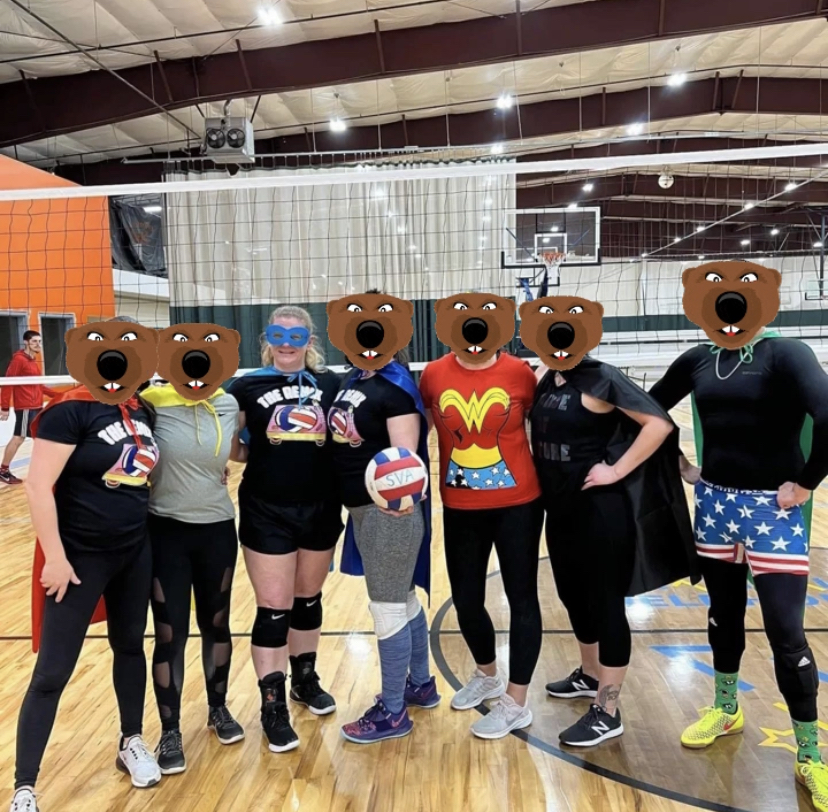
Across Oregon, many school districts find themselves in short supply of qualified dual language teachers. With almost 20% of students being current or prior English learners, there is a new level of importance being placed on providing opportunities for educators to earn a dual language specialization.
In 2018, a 5 year, $2.5 million grant funded through the Office of English Language Acquisition National Professional Development from the U.S. Department of Education provided funding for over 80 in-service and pre-service teachers to earn their English for Speakers of Other Languages (ESOL) endorsement or Dual Language (DL) specialization.
The success of the program led to a new iteration of the grant, known as TEAMS 2.0. The new round of the program will support 100 teachers to earn their ESOL Endorsement and/or DL Specialization, expand the pool of new dual language teachers in partnered districts, and provide DL-focused professional learning opportunities for their current DL educators.
The award for TEAMS 2.0 is approximately $2.7 million and will run through 2026. Along with ESOL and DL specialization for teachers, the grant will support faculty and doctorate students in conducting related research.
The program courses are all offered through OSU Ecampus, allowing TEAMS 2.0 recipients to complete the coursework remotely and in tandem with their teaching. The courses focus on professional development for licensed educators teaching English learners (EL) and bilingual students.
TEAMS 2.0 expands
This year, three new school district partners will be included in TEAMS 2.0: Portland Public Schools, Woodburn School District, and Hood River School District. The returning partner districts are Beaverton School District, Bend-La Pine School District, Corvallis School District, Greater Albany School District, and Springfield School District.
“By expanding our work to more districts, we will increase the ripple effects that TEAMS has across the state,” said TEAMS Program Coordinator Nelly Patiño-Cabrera and Principal Investigator Karen Thompson. “This work also builds on successful efforts during TEAMS 1.0 to deepen family and community engagement in partner districts.”
Along with new district partners, a priority of TEAMS 2.0 is a focus on literacy among EL students and multilingual families. As part of TEAMS 1.0, each district group partnered with a local organization to co-design and co-implement activities for multilingual families, said the TEAMS 2.0 coordinators.
“During the COVID-19 pandemic, TEAMS 1.0 participants in Corvallis collaborated with the Corvallis Public Library to design, assemble, and distribute literacy activity bags to 200 families, including bilingual books, writing materials, and instructions for literacy-focused activities caregivers and children could complete together.”
TEAMS 2.0 aims to build on the work of TEAMS 1.0, prioritizing meaningful collaboration between more than just the teachers and EL students, but their families and communities.
Why TEAMS 2.0?
Over the past six years, OSU has recruited 126 in-service teachers in four cohorts, far exceeding its goal of 80 teachers. As of November 2021, 107 teachers have completed coursework with 97 earning an ESOL endorsement and/or DL specialization.
“We met and exceeded our goal of supporting 80 teachers, and found that 95% of participants agreed or strongly agreed that TEAMS 1.0 was effective in preparing them to serve EL students, and increasing their knowledge and skills related to parent, family, and community engagement,” said TEAMS 2.0 Coordinators.
Prior to entering the program, 25% of participants reported being confident or very confident in using ESOL instructional practices in the classroom; this increased to 92% after completing TEAMS.
Tiffany Day, a first grade teacher at William Walker Elementary in Beaverton, Oregon, was a recipient of the TEAMS 1.0 grant and found that the strategies she learned through the program have helped her better meet the needs of her students.
“I feel very fortunate to have been able to participate in the grant program. The knowledge gained was much more beneficial and practical after having taught at a school with a high Emergent Bilingual population and with 10 years of experience using the co-teaching model,” Day said.
Many other TEAMS 1.0 students found that the program helped them better understand issues of equity and social justice and empower them to play a proactive role in their schools.
“Participants said they had built stronger relationships and collaboration with both EL specialists and other classroom teachers, and that the program had a major impact on their ability and motivation to engage with multilingual students’ families and communities,” said TEAMS 2.0 Coordinators. “They had become more adept at building relationships because of their deeper understanding of family and community needs.”
TEAMS 2.0 Coordinators Patiño-Cabrera and Thompson anticipate that the project will have ripple effects on other teachers in schools, through developing design structures in partnering districts, providing stipends for teachers to lead future professional development activities, and a continuation of the College of Education’s partnerships throughout the state.
“Beyond impacts on individuals, TEAMS 2.0 will have important long-term impacts on the College of Education. We are sustaining and establishing new partnerships with school districts around the state and strengthening collaboration with OSU faculty on research projects.”







